Why a Will Isn't Always Enough When Dealing With Special Needs
Taking care of a loved one with a disability or special needs can be a daunting task. The responsibility of creating and maintaining a structured daily routine and careful financial planning takes time and close attention to detail. For the most part, it’s manageable and you feel in control of your loved one’s well-being because you’re there; you’re present.
But, what happens when you are no longer able to make sure they’re taken care of? Yes, you can provide for their needs as part of your estate plan but there are additional steps you should consider as far as finances are concerned.
There are three things to keep in mind.
1. Consider a Special Needs Trust. Why? A simple Will may leave your loved one in a financial bind because any lump sum of cash or income that you may leave to them could jeopardize their eligibility for government benefits such as Supplementary Security Income or Medicaid. By properly drafting and administering a Special Needs Trust, the assets are left to a designated trustee to manage the funds for the benefit of your loved one without the risk of losing vital need-based assistance from the government. Additionally, any funds remaining in the trust when the beneficiary dies can be left to your other children or loved ones.
2. Appoint an Appropriate Trustee. Carefully select a trustee who you are confident will make sure the beneficiary’s supplemental needs are met with the trust funds. This individual, rarely an institution, will have complete discretion and control when making financial decisions for the care of your loved one. Although the same individual may also serve as a guardian for a disabled person, the special needs trust does not address issues such as who will make medical or non-financial related decisions for the beneficiary. A guardian is typically nominated in a Will.
3. Determine how You Will Fund the Trust. The Special Needs Trust is either funded by you during your lifetime or at your death with either life insurance proceeds, accounts or other assets such as real estate. It is also important to properly title property in the name of the trust and to make sure beneficiary designations are appropriately listed on accounts.
If you would like to learn more about this or any aspect of preparing for the future, schedule a free consultation with The Ruffin Firm. We can help you get your estate in order, today.

